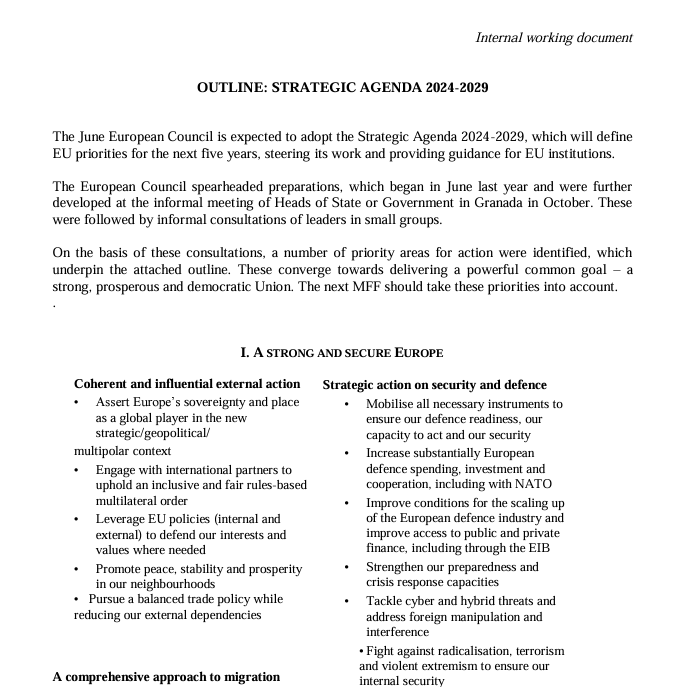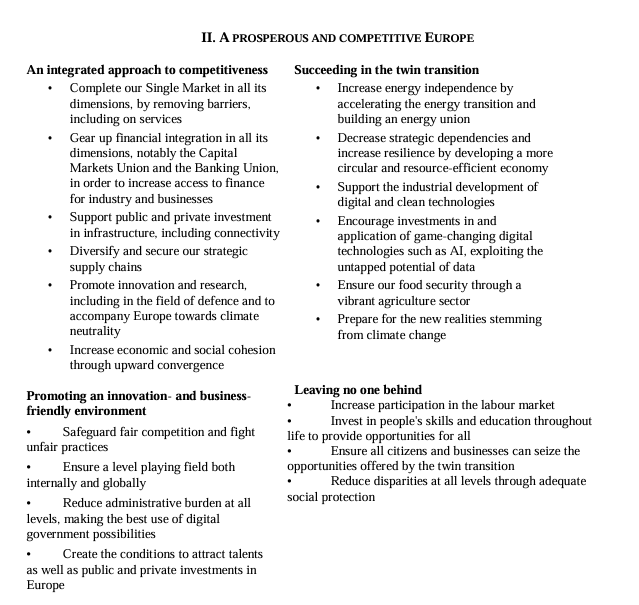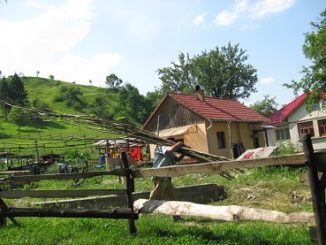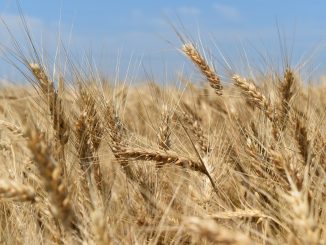
It’s back to the future as the EU’s green ambitions face the chopping block, with priorities shifting to security and competition. That’s according to the European Council’s vision for the next 5 years, as revealed in a leaked internal draft of EU leaders’ ‘strategic agenda’. Oliver Moore and Natasha Foote have the details, including the leaked document itself.
It’s back to the future as the EU’s green ambitions face the chopping block, with priorities shifting to security and competition. That’s according to the European Council’s vision for the next 5 years, as revealed in a leaked internal draft of EU leaders’ ‘strategic agenda’.
This is a massive volte-face to the 2019-2024 agenda which included a core focus of building a “climate-neutral, green, fair and social Europe” as one of four overarching priorities.
This core goal has been dropped from the vision for the next 5 years, according to the leaked draft, which we publish here in the interests of transparency.
Climate action is relegated to mere adaptation, along with a passive call to “promote innovation and research to accompany Europe towards climate neutrality” all that remains.
The leak of the plan instead proposes a three-pronged approach centred on creating a “strong, prosperous and democratic” Union.
Every five years, EU leaders agree on their political priorities for the future, outlined in a so-called ‘strategic agenda’. The agenda for 2024-2029 is currently under discussion between EU leaders, with the aim to adopt it in June 2024.
Read/download the Outline Strategic Agenda*

Then vs now
While the previous strategic agenda features several mentions of the importance of both the environment and sustainability, the new draft fails to mention the word sustainability once. The only mention of the environment is in the context of “promoting an innovation- and business friendly environment”.
Likewise, references to supporting a “green transition” have been dropped entirely.
Instead, climate ambitions – previously among the four core steering aims – have been demoted to a subheading on “succeeding in the twin transition” which lists “preparing for the new realities stemming from climate change” as an aim. It is not even clear from this document what the twin transition is.
There is also a separate reference to promoting “innovation and research” including in the field of defence and to “accompany Europe towards climate neutrality”.
In other words, the priorities have significantly shifted towards accepting our fate – i.e, climate adaptation – rather than doing anything about it.
Moreover, the previous agenda outlined ambitions to “promote sustainable agriculture,” noting that this is “vital to guaranteeing food safety and fostering quality production”.
However, the vision for the next 5 years focuses only on ensuring “food security through a vibrant agriculture sector,” with no mention of sustainability goals.
This is despite the fact that the “fight against climate change” was listed in a recent European Council statement on the strategic agenda as among the key crises facing the EU.

What does this mean?
As a purely political document, the agenda has no direct legislative implications. However, it provides an overall framework and direction of travel over the next five year period, thus helping to steer the Commission’s work.
And it is clear that the overarching focus of this direction-setting document is to double down on, and intensify, a protected status-quo.
The language is driven by security considerations, European energy sovereignty, increased military spending and preventing migration.
As the power over agricultural decisions often falls in member states’ hands, this could have knock-on implications. In light of the recent rapid rollback of both the EU Green Deal and CAP’s greening elements, this document signals that this process will continue and intensify. The reference to a vibrant agriculture sector, with no reference to any greening element whatsoever, emphasises this – and shows the impact of the farmers’ protests.
The leaked document also suggests that the next EU budget, the multiannual financial framework, should “take these priorities into account”.
The debate over the next EU long term budget is already underway, with discussions heating up at April’s special summit of EU leaders, focused on competitiveness and the economy. Given EU leaders’ sway in budgetary discussions, this could see money steered away from the green agenda.
In most significant ways, with the possible exception of external trade, the EU leaders largely drive the EU agenda. What the Council says and wants tends to be what happens, as is evidenced by the collapse of so much of the Commission’s Green Deal.
All of this means that the 2024-2029 period is set to see the further backgrounding of any real efforts to deal comprehensively with climate and biodiversity collapse.
It is also true that the European Council shifts with the changing political winds of member states. For instance, member states did not make good on the green intentions of the previous strategic agenda, which failed to translate and buckled under the pressure of farmers’ protests and looming elections, showing priorities are not set in stone.
However, based on both this strategic agenda, and developments in recent months, the direction of travel away from ecological considerations for the next 5 years seems increasingly clear.
‘Shocking and disheartening’
Calling the plan to “all but abandon nature and climate action” after the elections “shocking and disheartening”, Tycho Vandermaesen, policy and strategy director of the WWF European policy office, warned the move “completely disregards the existential threats these crises pose to our societies, and flies in the face of science”.
For Vandermaesen, the agenda is a “major concession to populists and far-right groups” who have put the European Green Deal on their hit list.
Meanwhile, the European Environmental Bureau’s director for health, nature and environment, Faustine Bas-Defossez, warned that by prioritising ‘food security’ over sustainability in agriculture, EU leaders are “ignoring the reality that climate change and natural disasters pose the greatest threats to our food security”.
“It’s crucial that we address these challenges head-on and prioritise sustainable solutions to safeguard both public health and the future of farming,” she stressed.
What next?
EU leaders first debated future priorities for the strategic agenda back in October, followed by a deeper consultation process in November.
In April 2024, the second consultation round will take place in Vilnius, Bucharest, Warsaw and Vienna.
The strategic agenda is set to be adopted in June 2024.
*formatting may differ very slightly from other versions of this document circulating to protect sources
More
EU’s Nature Restoration Law at Critical Juncture after Pushback by Member States
European Farmers are Angry: Addressing Root Causes Would Overcome Polarisation
Under Pressure Commission Grants CAP Derogation, Extends Ukraine Import Liberalisation





